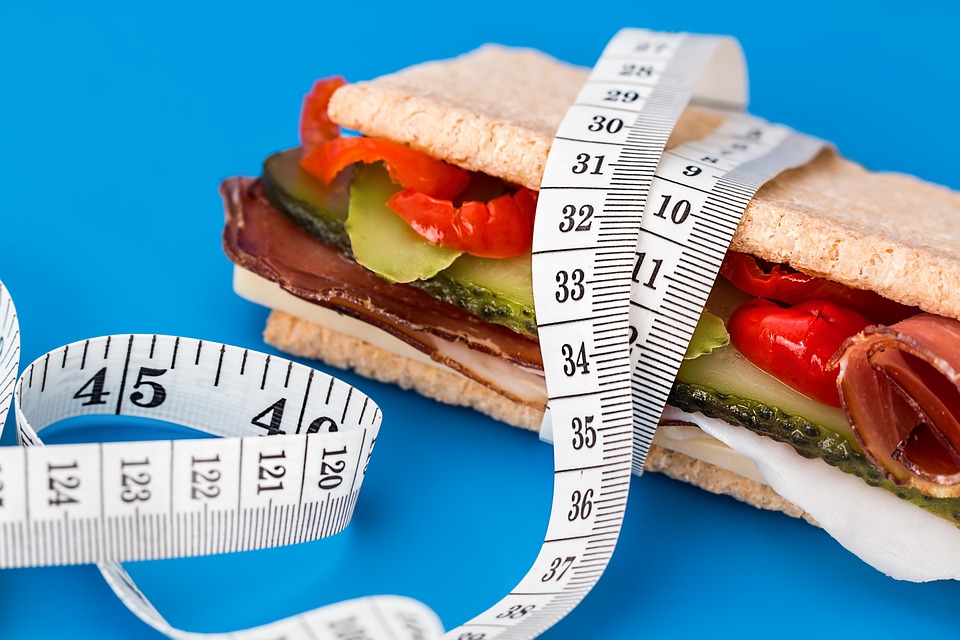Shedding those extra pounds can seem like a daunting task, but it is achievable through a combination of natural methods that promote healthy living. Losing weight does not have to involve drastic diets or excessive workouts. Instead, focus on integrating holistic and natural strategies into your daily routine. Here are ten effective ways to lose weight fast while improving your overall health.
1. Stay Hydrated
Drinking enough water is essential for weight loss. Research suggests that increased water intake can boost metabolism and help burn more calories. Additionally, drinking water before meals can reduce appetite, leading to lower calorie consumption. Aim for at least 8-10 glasses of water daily.
2. Incorporate More Protein
Protein is a powerful nutrient when it comes to weight loss. It reduces hunger hormones, making you feel fuller for longer. Moreover, protein requires more energy to digest, meaning your body burns more calories metabolizing it. Consider adding lean meats, fish, eggs, and plant-based proteins like beans and lentils to your diet.
3. Embrace Whole Foods
Whole foods, such as fruits, vegetables, whole grains, and nuts, are naturally low in calories and full of nutrients. These foods are not only beneficial for weight loss but also support overall health. Minimize processed foods that are often high in sugar and unhealthy fats.
4. Get Enough Sleep
Lack of sleep can disrupt hormones that regulate appetite, leading to increased cravings and weight gain. Aim for 7-9 hours of quality sleep per night. Establishing a regular sleep schedule can enhance sleep quality and support weight loss efforts.
5. Regular Physical Activity
Exercise is crucial for achieving your dream body. It increases calorie expenditure, improves metabolic health, and helps maintain lean muscle mass during weight loss. A combination of cardiovascular exercises (like running or cycling) and strength training is most effective. Aim for at least 150 minutes of moderate-intensity exercise each week.
6. Practice Mindful Eating
Mindful eating involves paying attention to what and how you eat, which can help reduce overeating. Focus on enjoying your meals without distractions, chew slowly, and listen to your body’s hunger and fullness cues. This practice can promote healthier eating habits and contribute to weight loss.
7. Manage Stress
High-stress levels can lead to emotional eating and weight gain. Finding effective ways to manage stress, such as yoga, meditation, deep breathing exercises, or engaging in hobbies, can help prevent stress-associated weight gain. Make time for self-care and relaxation in your daily routine.
8. Limit Sugar Intake
Reducing added sugars from your diet is one of the most effective ways to lose weight. High sugar consumption is linked to obesity and a range of health issues. Opt for natural sweeteners like honey or maple syrup in moderation, and aim to cut out sugary beverages and snacks.
9. Increase Fiber Intake
Fiber-rich foods, such as vegetables, fruits, legumes, and whole grains, can promote feelings of fullness. This helps prevent overeating and reduces cravings. Incorporating more fiber into your diet can support digestion and improve satiety, making weight loss more manageable.
10. Maintain Consistency
Weight loss is a gradual process that requires consistency and perseverance. Set achievable goals, track your progress, and celebrate small milestones along the way. Building sustainable habits is key to long-term success in achieving your dream body.
Conclusion
Achieving your dream body is not only about losing weight but also about adopting a healthier lifestyle. By incorporating these natural methods into your routine, you can enhance your physical appearance while improving your overall well-being. Remember, the journey to your dream body may take time, but with dedication and consistency, you will reach your goals.
FAQs
1. How fast can I expect to see results?
Results can vary based on individual factors such as starting weight, metabolism, and adherence to dietary changes. Generally, aiming to lose 1-2 pounds per week is considered healthy and sustainable.
2. Are there any specific diets I should follow?
Rather than following a restrictive diet, focus on balanced, whole foods and moderation. A diet rich in vegetables, lean proteins, whole grains, and healthy fats is effective for weight loss.
3. Can I lose weight without exercising?
While exercise is beneficial for weight loss, it is possible to lose weight through dietary changes alone. However, combining diet with physical activity typically yields better results for overall health.
4. How important is meal timing for weight loss?
Meal timing can play a role in weight loss, but it varies from person to person. Paying attention to your body’s hunger signals and ensuring regular meal intervals can be helpful.
5. What if I hit a weight loss plateau?
Plateaus are common during weight loss journeys. If you encounter one, try changing your routine, whether it’s increasing physical activity or reassessing your diet to reignite progress.
















